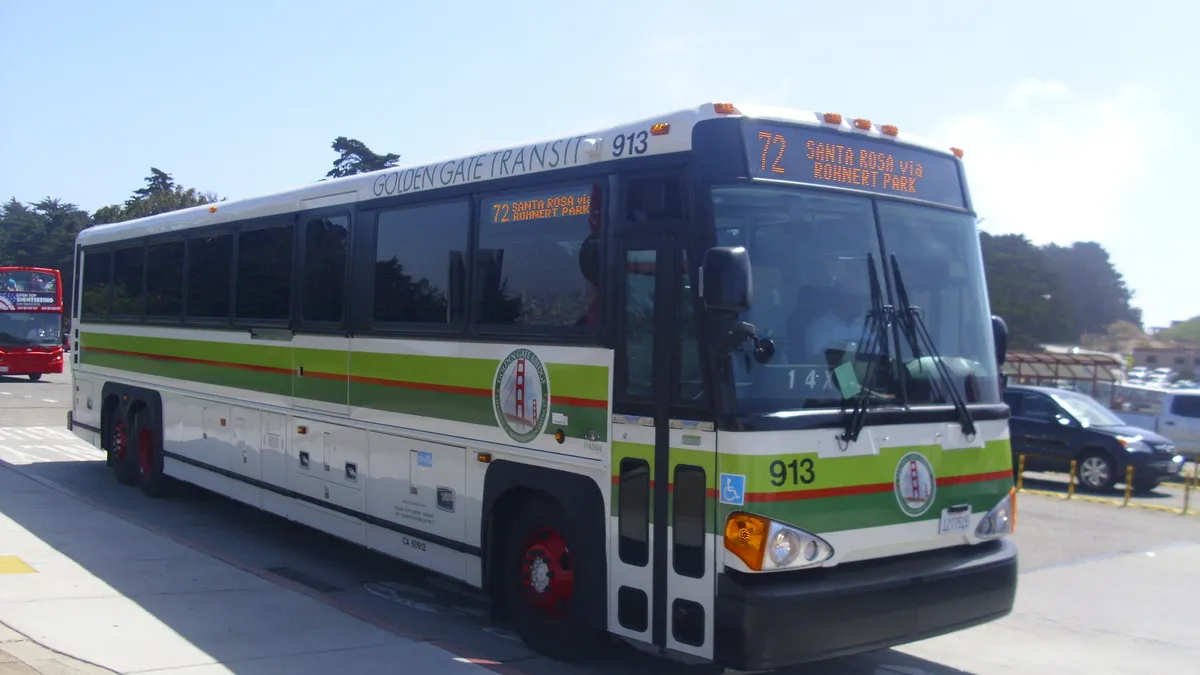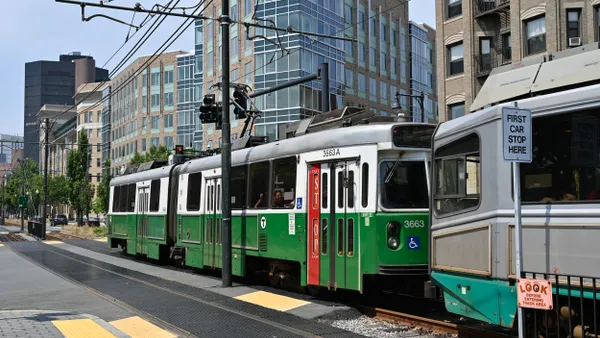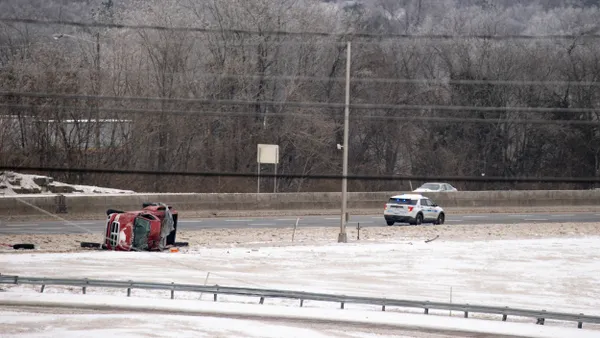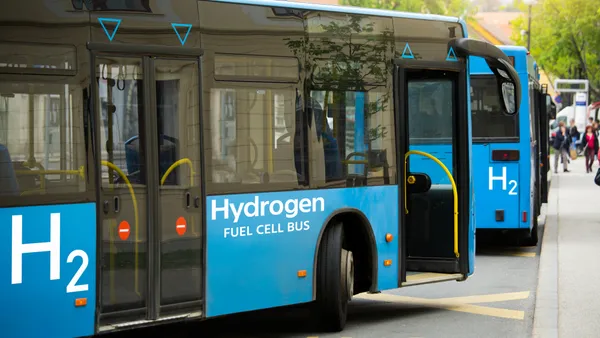Dive Brief:
- A bill that passed through the California legislature, Assembly Bill 2034, would require the state's bus, rail and light rail intercity transit agencies and businesses to train employees to recognize the signs of human trafficking and how to report possible trafficking to authorities.
- The measure would amend an existing law, which requires businesses and transit authorities to post notices about human trafficking, but as it stands the law does not require training on the topic. If AB 2034 becomes law, the state would reimburse intercity transit agencies for training costs, which are expected to be small.
- If passed into law, intercity transit agencies will have to provide the human trafficking training starting on January 1, 2021. The bill has been sent to Gov. Jerry Brown to either sign into law or veto.
Dive Insight:
This bill is not very controversial and Brown is expected to sign it. State transit agencies have shown support for the bill, including San Francisco regional commuter train Caltrain and San Mateo County Transit, as reported by The Daily Journal.
Human trafficking of men, women and children for labor and sex purposes is getting more attention as a serious problem throughout the country. Traffickers often target vulnerable populations such as immigrants or low-income residents. The problem occurs in urban, suburban and rural areas alike, and traffickers often pass through transportation hubs when bringing in victims from other areas. Therefore it makes a lot of sense to train intercity transit workers to recognize the signs of human trafficking and to report it.
Other transportation industries also work toward stopping human trafficking. A number of airports post signs encouraging workers and travelers to report activity that could be human trafficking, and truckers have actively played a role in combating the crime, including creating coalitions like Truckers Against Trafficking. In addition, the U.S. Department of Transportation is forming a special committee to provide information and advice related to human trafficking.
Certain businesses and governments require human trafficking training for transportation workers, but the practice is not yet widespread. In Kansas, for example, as of July all existing holders of and new applicants for commercial driver licenses have to complete human trafficking training.
Municipalities are making greater efforts to combat human trafficking, too. This year Atlanta, Chicago and Minneapolis won the Partnership for Freedom's human trafficking prevention challenge which will support better citywide prevention plans.












